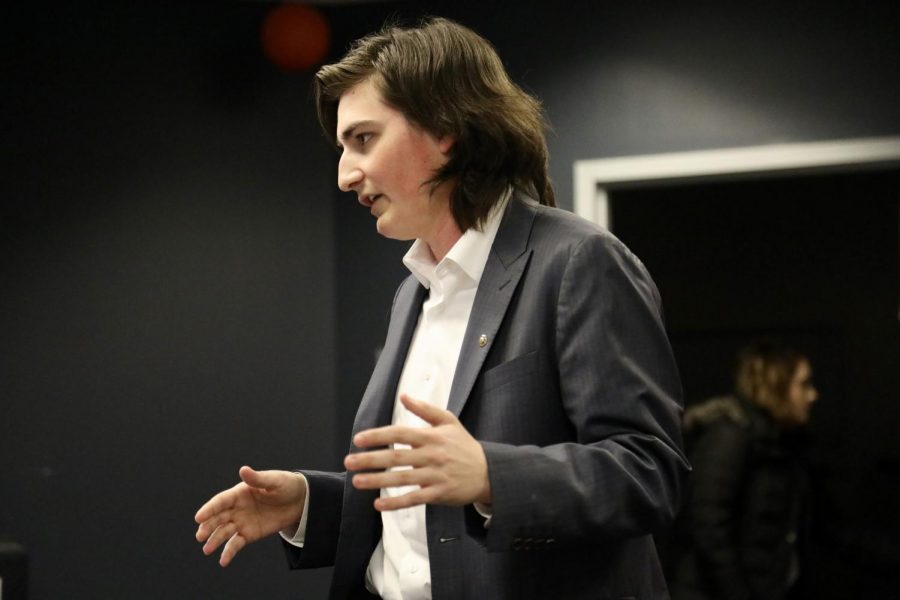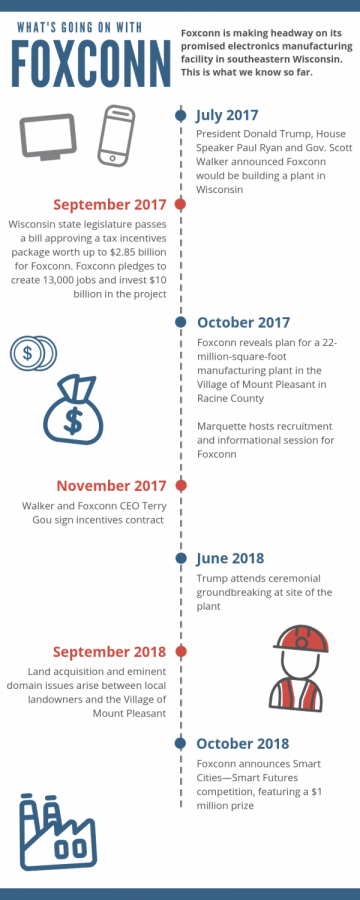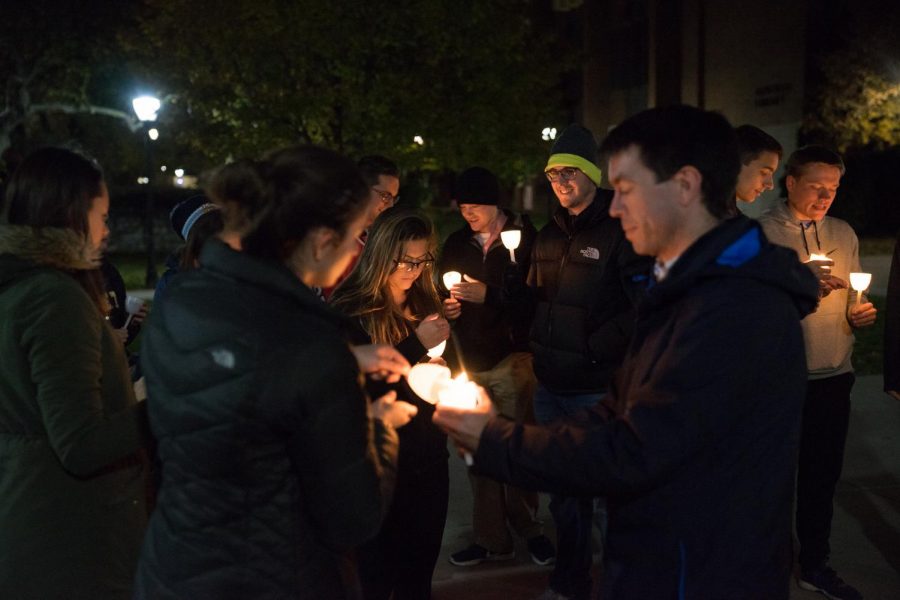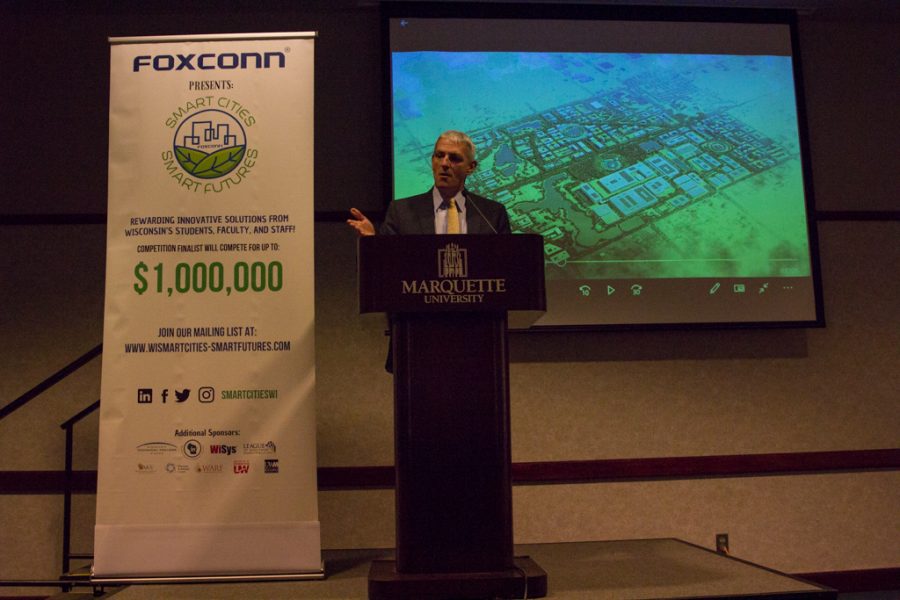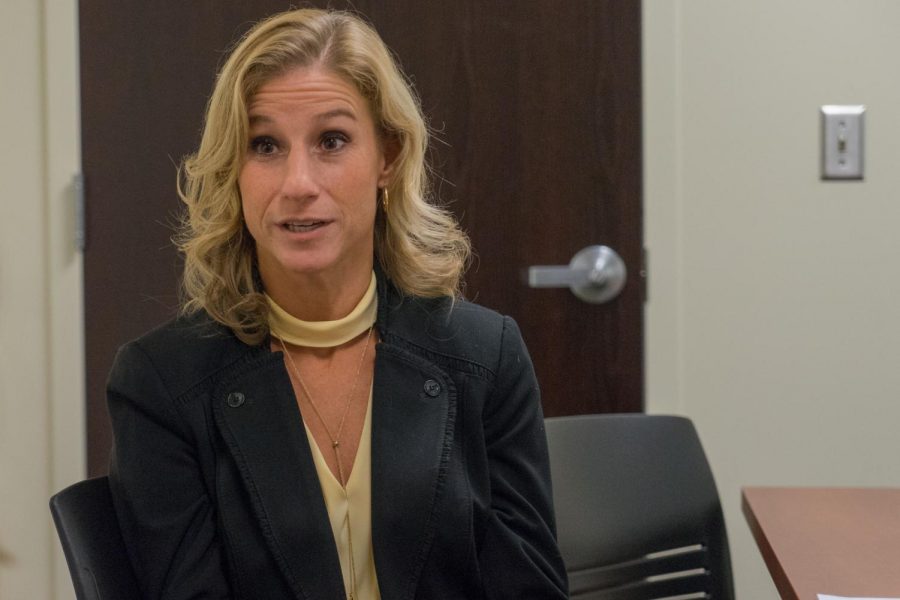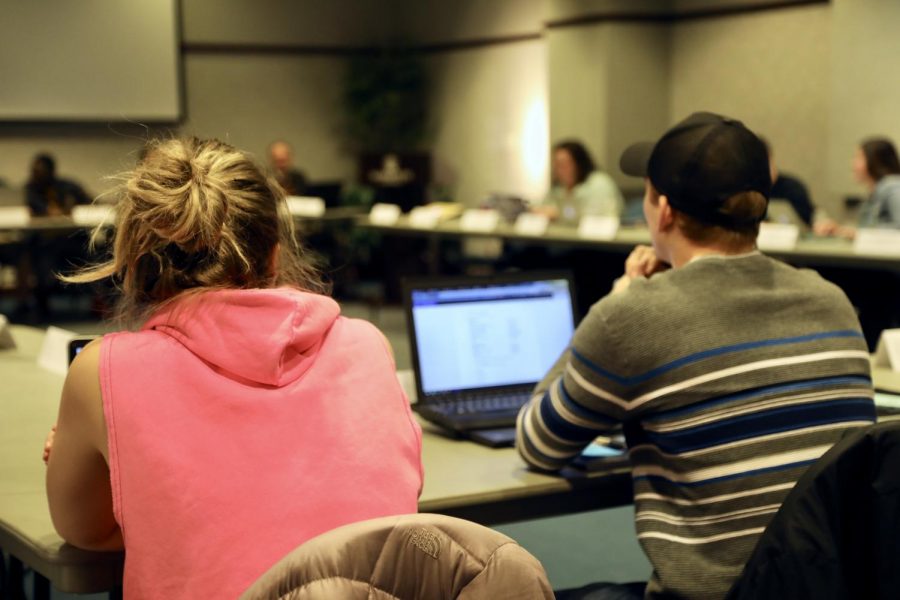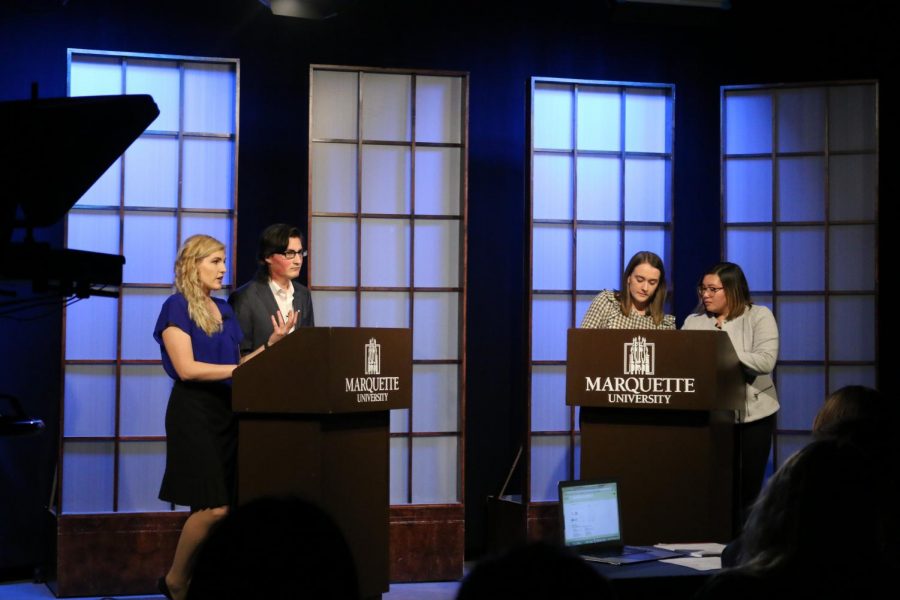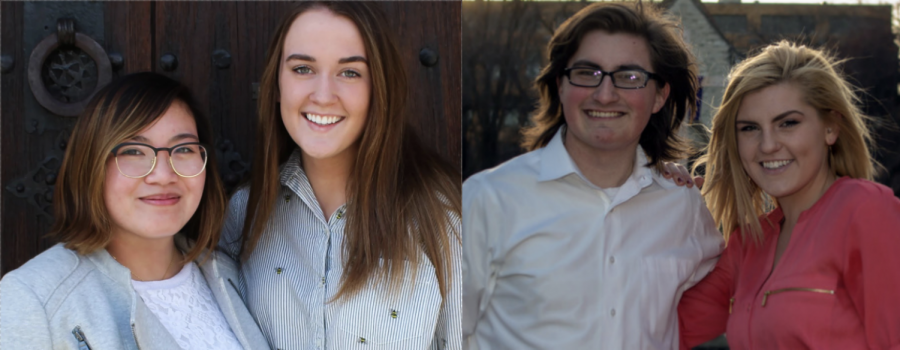Senators from Marquette University Student Government are working on a tuition referendum that would give students a chance to voice their opinions regarding the recent tuition increase approved by the board of trustees earlier this year.
Tuition went up by 5 percent, from $39,330 to $41,290, for the 2018-’19 academic year, according to the university Nov. 20.
Joshua Steinfels-Saenz, a junior in the College of Business Administration and MUSG senator, first came up with the idea for the referendum.
Referendums are a general vote by an electorate on one question. In this case, the referendum would consist of a poll to Marquette students about the tuition increase.
Steinfels-Saenz said he wanted to pursue this referendum after Provost Daniel Myers came to a Feb. 26 student senate meeting and was asked about the tuition increase.
Steinfels-Saenz said Myers gave several reasons for the tuition increase, inflation and payroll increases, but he said those reasons don’t add up. He said there is a 2.5 percent inflation rate next year, which is far below the nearly 5 percent tuition increase.
Steinfels-Saenz said there needs to be more transparency involving the tuition increase and said that while the university’s “heart is in the right place … it puts an unnecessary burden on the students who have to take out higher loans.”
Senator Peter Feider, a senior in the College of Engineering, said he is worried about students being “generally handicapped” when it comes to financial stability after college. Feider said increasing tuition could leave alumni increasingly indebted to Marquette.
“I think one of the largest benefits of going to Marquette is the alumni network. Marquette prides itself and one of its largest assets is the goodwill and the good faith of the alumni,” Feider said. “If you don’t have as much good feelings towards Marquette, you may be less inclined to network with new Marquette students.”
Liam Murphy, a freshman in the College of Arts & Sciences, is concerned about the lack of transparency involving the increase.
“They are being kind of vague as far as what they are using the money for,” Murphy said.
The first step is passing legislation for a recommendation for a student referendum regarding the tuition increase. Then, with student opinions in mind, the university would decide its course of action.
Steinfels-Saenz said a binding referendum would make the most productive change. This type of referendum would require the university to take action based on student opinions.
“A binding referendum would be the most potent way to give students their voice,” Steinfels-Saenz said.
Murphy said he would vote for the recommendation when voting in MUSG takes place. Before that happens, Steinfels-Saenz said he plans to meet with Provost Myers to discuss the tuition increase.
“(Steinfels-Saenz) and I are interested in having a meeting. If we can come to a more quiet conclusion … a referendum may not even be a thing,” Feidner said.
Steinfels-Saenz hopes to meet with student organizations to get them involved. So far, he has met with College Republicans, Empowerment and the Marquette Young Democrat Socialist group on campus. He said he wants to stress that “this isn’t just a one-sided issue, it’s an issue for students.”
Steinfels-Saenz said he hopes to get as many student organizations involved as possible.
University spokesperson Chris Jenkins said the university appreciates hearing student voices. “We value the voice of MUSG and remain very interested in hearing the voices of our students,” Jenkins said in an email.
The legislation for the recommendation for the referendum was tabled at Monday’s meeting. It will be reworked and discussed at a future meeting.

